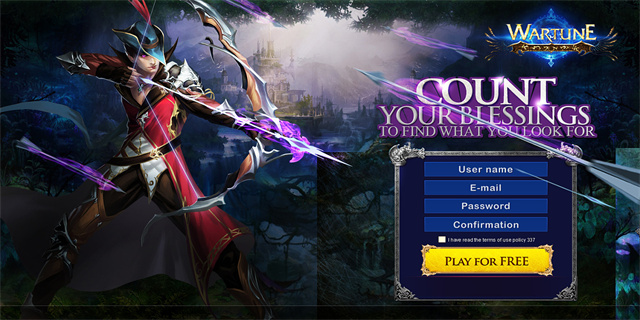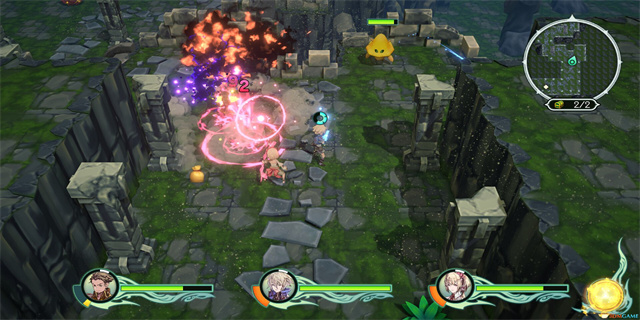SHOTA: Exploring the Popular Cultural Phenomenon
In recent years, the popularity of shota, a term used to describe a genre of manga, anime, and other forms of media featuring young boys in romantic or sexual contexts, has increased exponentially. This unique content has gained a substantial following, stimulating discussions and debates among enthusiasts, critics, and scholars alike. In this article, we will delve into the world of shota, examining its origins, impact, and controversies surrounding it.
The Emergence of Shota
The roots of shota can be traced back to early Japanese literature and art, where the portrayal of young boys in romanticized situations was not uncommon. However, it was the advancement of technology and the rise of manga and anime in the 20th century that allowed for the widespread distribution and consumption of shota content.

Shota characters are typically depicted as innocent, cute, and sometimes androgynous. The narrative often revolves around their relationships with older, more experienced individuals, blurring the boundaries between innocent affection and romantic attraction. Shota content can range from harmless fluff to explicit sexual scenarios, catering to the diverse preferences of its audience.
The Appeal and Controversy
One of the major reasons for shota's popularity is its appeal to a wide range of individuals. Some fans are attracted to the adorable aesthetics and heartwarming stories that revolve around youthful innocence and first love. Others may be drawn to the taboo nature of the content, finding excitement or arousal in the depiction of forbidden relationships.

However, shota also attracts significant controversy. Critics argue that the genre promotes pedophilia, as it often involves underage characters engaged in romantic or sexual relationships. This ethical concern has raised questions about the impact of such content on real-world behaviors and the potential harm it may cause to individuals and society as a whole.
The Legal and Ethical Considerations
Legally, the production and distribution of explicit shota content is heavily regulated in many countries, including Japan. Laws concerning the sexualization of minors vary, and the interpretation and enforcement of these laws can differ from one jurisdiction to another.
Ethically, the debate surrounding shota centers on the potential harm it may cause to individuals who consume such material. Some argue that the consumption of shota content does not necessarily lead to harmful actions or attitudes towards minors, as fans are able to distinguish between fantasy and reality. However, others argue that exposure to this type of content may normalize and desensitize individuals to inappropriate relationships with minors.
The Role of Shota in Popular Culture
Despite the controversies surrounding it, shota has undeniably made a significant impact on popular culture. The genre has gained a devoted fanbase, with numerous manga, anime, and merchandise catering to their interests. This demand has also resulted in the emergence of dedicated conventions and online communities where fans can discuss, share, and celebrate their love for shota content.
As with any form of media, shota continues to evolve and adapt to societal changes and shifting norms. The boundaries and limitations of what is considered acceptable or inappropriate within the genre continually challenge the creators and consumers alike, ensuring an ongoing debate and exploration of this complex and intriguing cultural phenomenon.
In conclusion, shota remains a highly controversial and polarizing genre of media. While some applaud its artistic merit and ability to explore complex emotions and relationships, others condemn it for its potential to harm and normalize inappropriate behavior. The ongoing discussions and debates surrounding shota showcase its significance and influence in popular culture, reminding us of the power and impact of creative expression.















